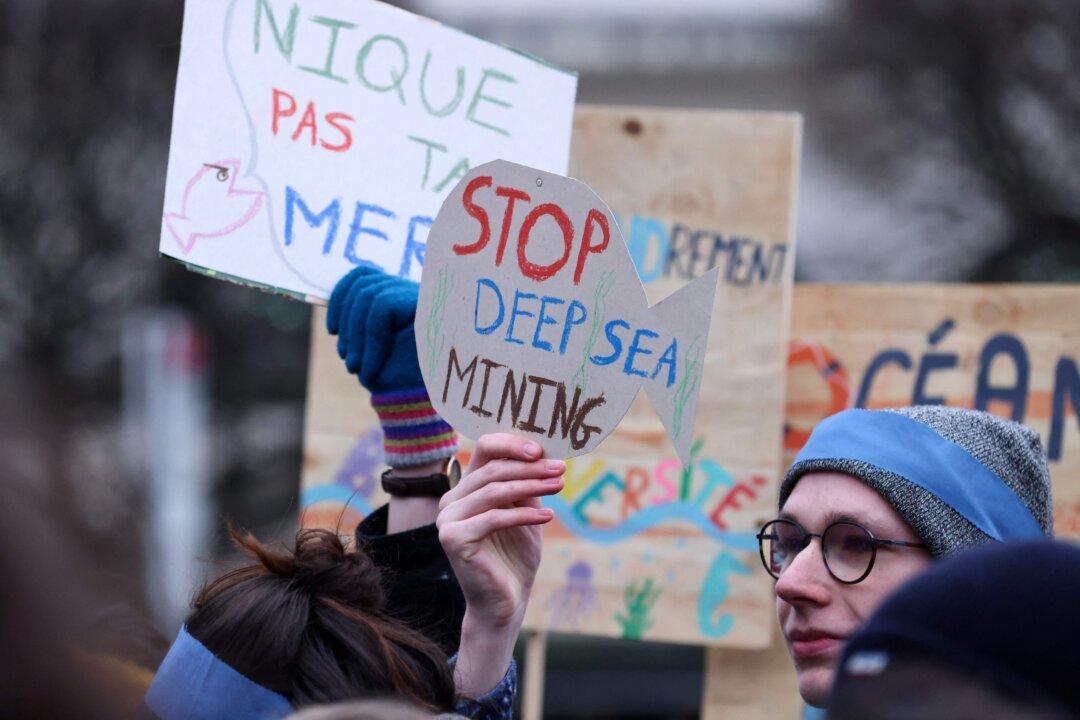More than a dozen nations have called for a moratorium on deep-sea mining as governments at the International Seabed Authority (ISA) gathered in Jamaica on Monday to discuss the fate of the oceans.
The ISA launched a two-week conference to debate whether to open the Earth’s watery depths to countries and companies that, as of Monday, were allowed to start applying for provisional mining licenses.





